In Conversation with Michael Moosbrugger
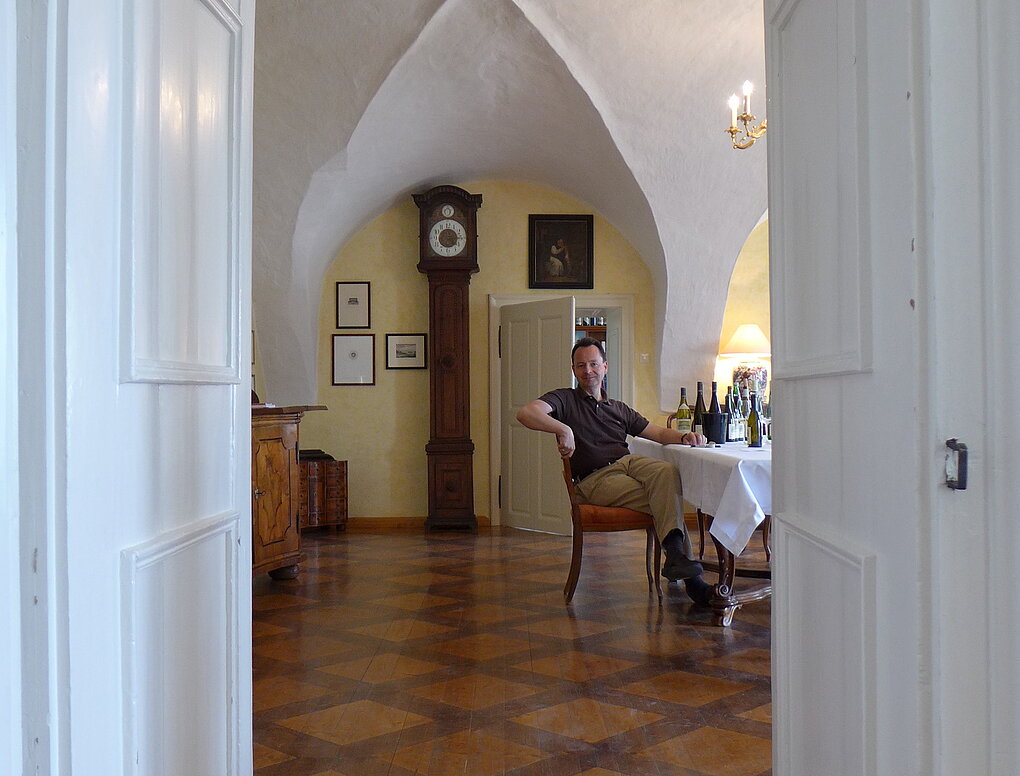
Two wine luminaries reflect on the complex and challenging process of taking Austrian vineyard classification from bill to law.

Two wine luminaries reflect on the complex and challenging process of taking Austrian vineyard classification from bill to law.
Writer
David Schildknecht trained in philosophy and worked as a restaurateur before spending a quarter century in the U.S. wine trade. His tasting reports, ones from Austria and Germany prominent among them, have since the late 1980s been fixtures of Stephen Tanzer's International Wine Cellar; Robert Parker's Wine Advocate; and, since 2015, Vinous. A columnist and feature contributor for Wine & Spirits, The World of Fine Wine, and Austria’s Vinaria, he is responsible for the German and Austrian entries in the The Oxford Companion to Wine and a co-author of the 7th edition of Robert Parker's Wine Buyer's Guide. David has also addressed issues of aesthetics in contexts academic and otherwise, and his life in wine leaves time to pursue his passions for cooking, music, history, and his infinitely tolerant wife of five decades.
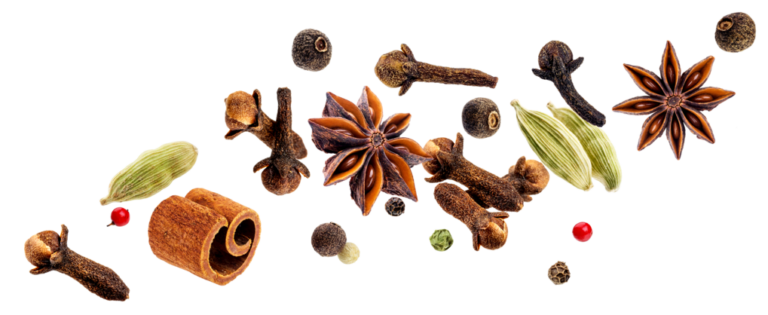
Picture yourself at a German holiday market (if such things were happening in 2020) — a mug of glühwein in hand and the scent of fresh pfeffernuss cookies in the air. It’s no surprise that these warm, spicy aromas are key attributes in many wines from Germany and Austria, South Tyrol, and the German-speaking parts of Switzerland. And there’s a hidden world of compounds and precursors to thank for this distinctive and alluring range. Much like a chef in the kitchen, growers can influence the aromatic and flavor complexity of their wines by playing with soil type, exposition, vine age,…...

Archetype, a Portland, Oregon-based import start-up, is focused on Alpine wines. They are refining consumer's understanding of the category and building community near and far.
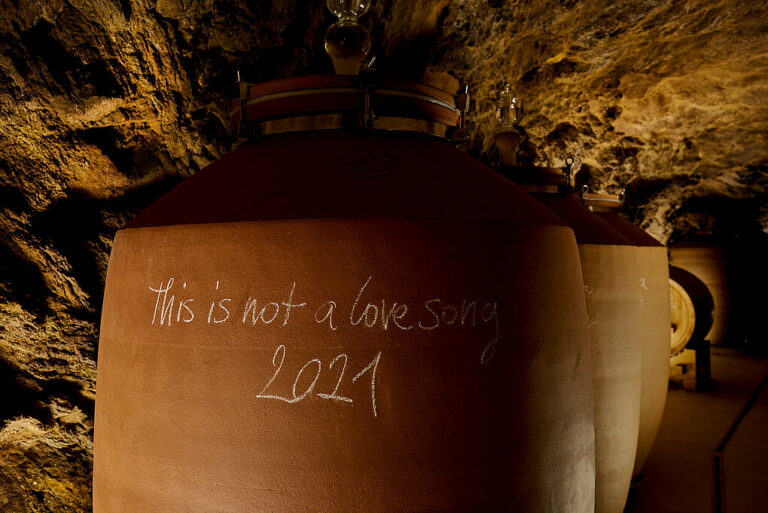
”In the past, nature held very little meaning for me,” Kremstal winegrower Markus Lang admits when asked to remember the first impressions of his vineyards. Fifteen years ago, he came to the parcels on Austria’s Steiner Schreck as the Virgin Mary to her child: naive and fully unprepared. He inherited the vineyard from his great uncle, whose winemaking reputation preceded him… for wines to be avoided at all costs. “But opening the gate to the vineyard for the first time, I was struck by a feeling that I belonged there,” he recalls. “So I got to work. And it was a…...
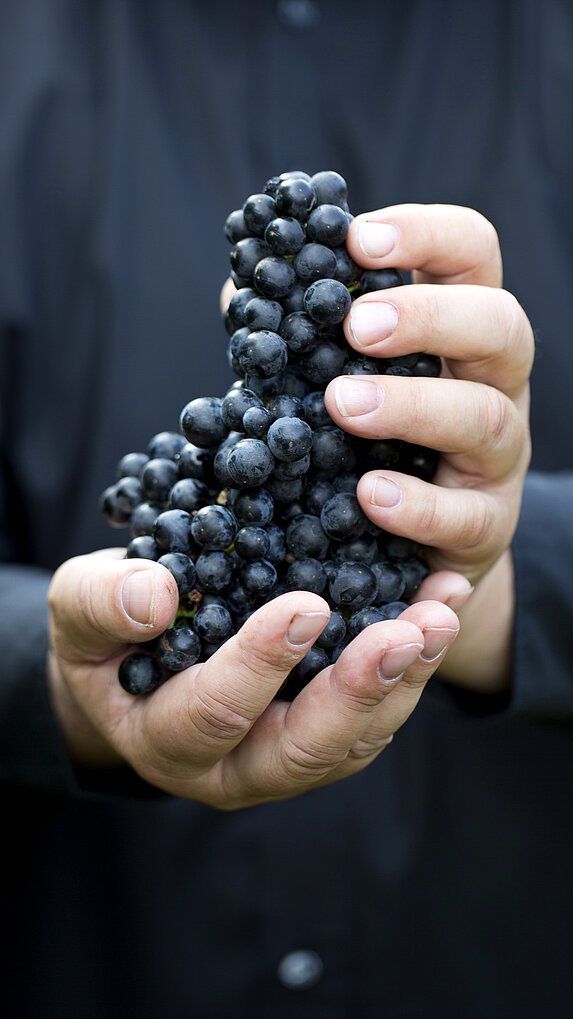
St. Lawrence, the man, was born in Valencia, Spain, sometime around 225 CE. He moved to Rome to work with Pope Sixtus II, became a deacon, and earned a reputation as a champion of the poor. On August 10, 258, Roman Emperor Valerian sentenced him to die by being lashed to a bed of hot coals. But so great was his devotion to god, the legend goes, that he resisted the flames, demanding that his tormentors flip him like a steak. A martyr was made. St. Laurent, the grape, is thought to have originated in what is now eastern Austria…...
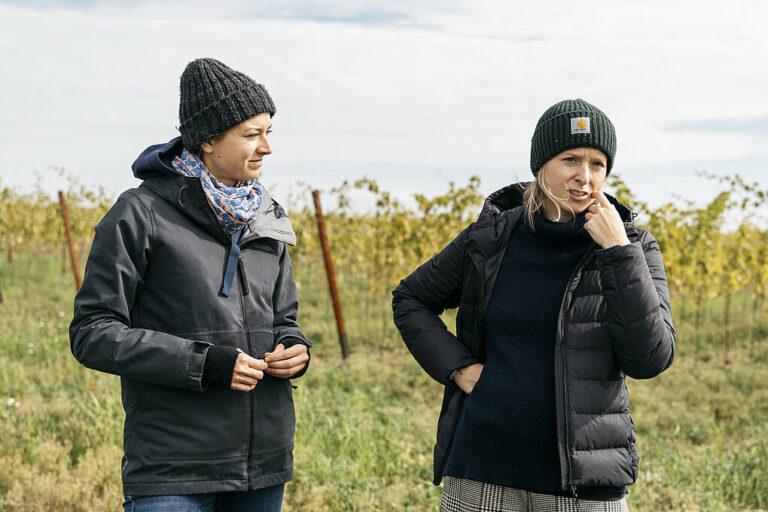
This article is an excerpted chapter from We Don’t Want Any Crap in Our Wine (2019). After the book went to print, the Rennersistas informed the author that Susanne Renner left the winery, which will now be run by siblings Stefanie and Georg. In 2015, Susanne and Stefanie Renner took over the family wine business in Gols, Austria and became their parents’ bosses. In short order, the sisters converted to biodynamics and created their own line of wines, Rennersistas, in addition to the family’s traditional red Renner cuvées. Ever since, Susanne and Stefanie have reveled in the freedom of making…...
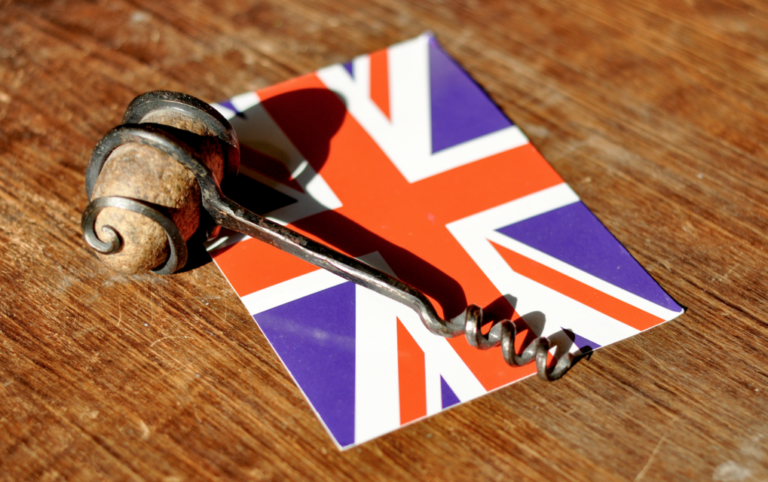
We British are not the world’s most noted linguists, but that doesn’t seem to put off some of us from drinking “German-speaking” wines. That said, the market for these wines has had a rough ride at times, which makes their current increasing popularity all the more intriguing. Germany has historically boasted a well-established presence in the U.K. wine market. In the 19th– and early 20th– centuries German wines were famously on par with Bordeaux, Burgundy, Champagne, and Port in terms of price. After the fall of Napoleon, the Rhineland and the Mosel both entered a period of prosperity, initiated by…...
Enjoy unlimited access to TRINK! | Subscribe Today